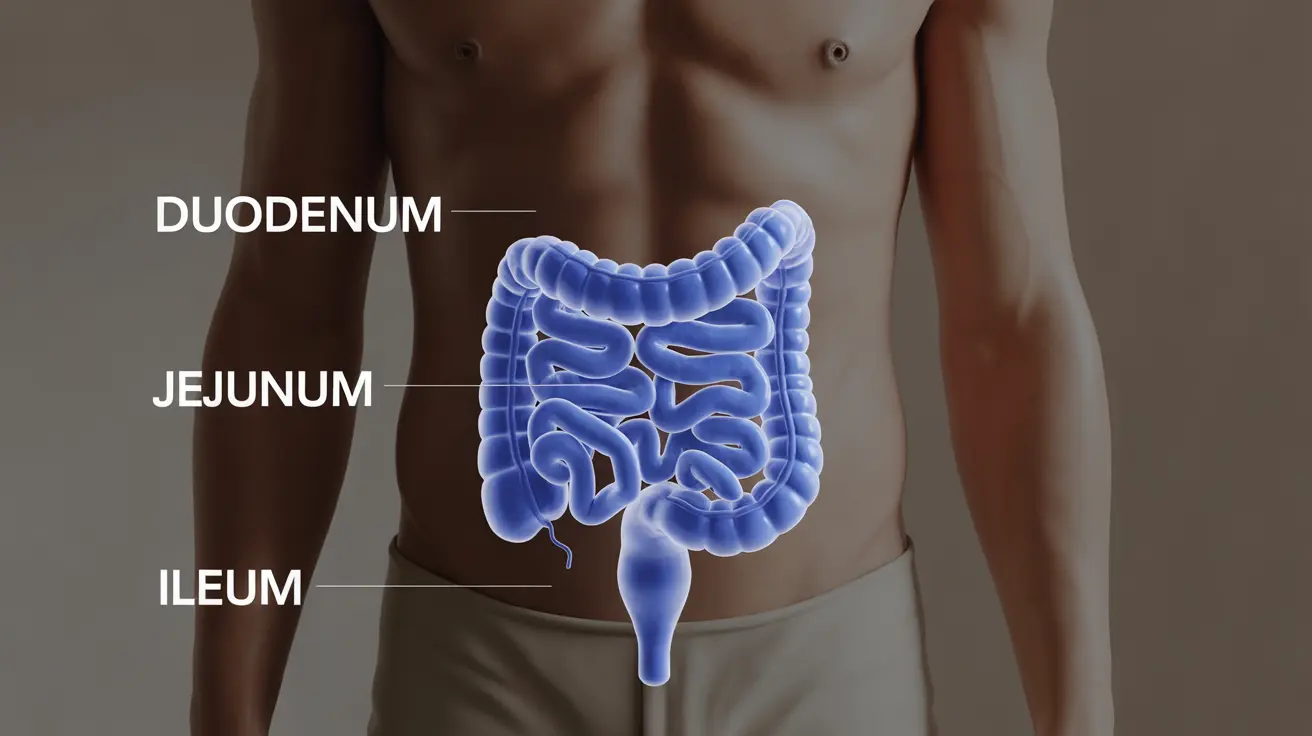The question of whether you can fart in your sleep is more common than you might think. This natural bodily function continues even when we're not conscious, and understanding it can help address concerns about nighttime gas and overall digestive health.
In this comprehensive guide, we'll explore the science behind sleeping and gas production, what causes increased nighttime flatulence, and how to manage this common occurrence effectively.
The Science of Sleep and Gas Production
During sleep, your body continues its normal digestive processes, including the production and release of gas. Your muscles, including those that control gas release, can relax during certain sleep stages, allowing involuntary passing of gas without conscious awareness.
The autonomic nervous system maintains these bodily functions while you sleep, similar to how you continue breathing and digesting food without conscious effort.
Common Causes of Nighttime Gas
Dietary Factors
Several dietary choices can contribute to increased gas production during sleep:
- High-fiber foods consumed late in the day
- Dairy products (especially for lactose-sensitive individuals)
- Carbonated beverages
- Gas-producing vegetables like broccoli, cabbage, and beans
- Artificial sweeteners
Lifestyle and Timing of Meals
Your eating patterns and daily habits can significantly impact nighttime gas production:
- Eating large meals close to bedtime
- Swallowing air while eating quickly
- Drinking through straws
- Chewing gum throughout the day
- Poor eating posture
Managing Nighttime Gas
Dietary Adjustments
Making strategic changes to your diet can help reduce nighttime gas:
- Eat dinner at least 2-3 hours before bedtime
- Keep a food diary to identify trigger foods
- Incorporate digestive aids like ginger or peppermint
- Stay hydrated throughout the day, but limit evening fluid intake
Lifestyle Changes
Simple modifications to your daily routine can make a difference:
- Practice mindful eating
- Maintain regular exercise habits
- Consider probiotics for digestive health
- Avoid lying down immediately after meals
When to Seek Medical Advice
While nighttime gas is usually harmless, certain symptoms warrant medical attention:
- Severe bloating or pain
- Changes in bowel habits
- Unexplained weight loss
- Blood in stool
- Persistent digestive issues
Frequently Asked Questions
Can you fart in your sleep without waking up or knowing it? Yes, you can fart during sleep without waking up. The muscles that control gas release can relax during sleep, allowing involuntary passing of gas without conscious awareness.
What causes increased gas and farting during the night? Increased nighttime gas can be caused by eating gas-producing foods, consuming large meals before bed, swallowing air throughout the day, and normal digestive processes that continue during sleep.
How can I reduce or prevent farting while I sleep? You can reduce nighttime gas by eating earlier in the evening, avoiding trigger foods, practicing mindful eating, staying physically active, and maintaining good digestive health through diet and probiotics.
When should I be concerned about excessive nighttime flatulence? Seek medical attention if excessive gas is accompanied by severe pain, bloating, changes in bowel habits, unexplained weight loss, or other persistent digestive symptoms.
Do certain foods or eating habits make nighttime gas worse? Yes, certain foods like beans, dairy, high-fiber vegetables, and artificial sweeteners can increase gas production. Eating large meals late at night and poor eating habits like eating quickly can also contribute to nighttime gas.




